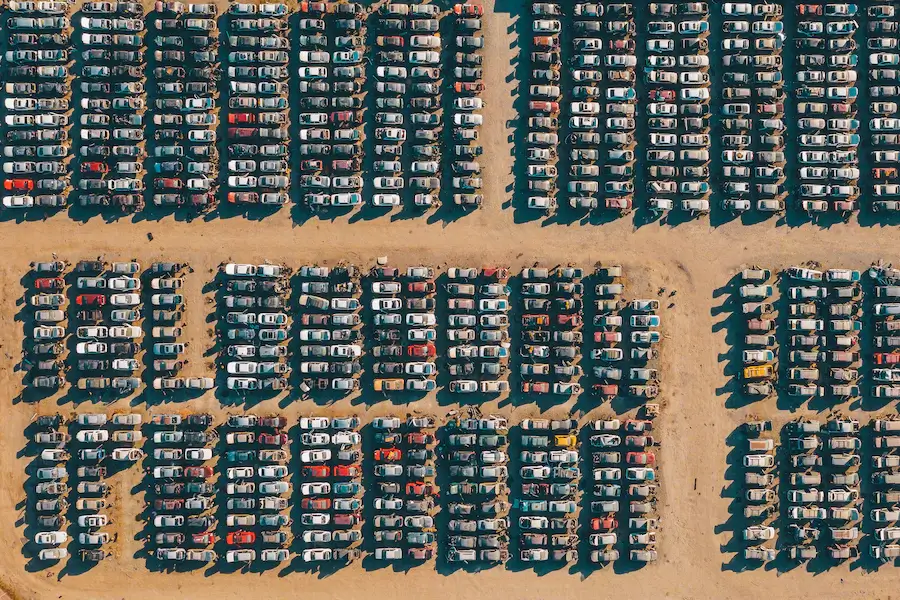LESS IS MORE
Serie Dispute
09.11.2023 H14:30-18:45
10.11.2023 H10:30-18:00
Ingresso: via Liguria 20
Serie Dispute
09.11.2023 H14:30-18:45
10.11.2023 H10:30-18:00
Ingresso: via Liguria 20
La conferenza si terrà all’Istituto Svizzero a Roma e online in inglese, con traduzione simultanea in italiano disponibile in sala e online.
REGISTRAZIONE IN PRESENZA
Per partecipare in presenza il 09.11.2023 registrarsi qui.
Per partecipare in presenza il 10.11.2023 registrarsi qui.
REGISTRAZIONE SU ZOOM
Per seguire online il 09.11.2023 registrarsi qui.
Per seguire online il 10.11.2023 registrarsi qui.
Istituto Svizzero
Via Liguria 20, Roma
Ingresso gratuito
LESS IS MORE: Immaginare una buona vita oltre la crescita
La crisi ambientale globale è un dato di fatto. L’urgente necessità di soluzioni sostenibili per fermare i danni ambientali è più pressante e onnipresente che mai, ed è chiaro che queste soluzioni devono considerare sia la giustizia sociale, sia quella ambientale. Sebbene in teoria ci sia un ampio consenso sociale sulla necessità di agire entro questo decennio, le opinioni variano sul tipo di cambiamenti necessari e su come raggiungerli. In questo contesto, la ricerca sulla ‘decrescita’ o ‘post-crescita’ svolge un ruolo importante in vari campi di ricerca e movimenti sociali e costituisce la base di un dibattito dinamico sulle potenzialità e i limiti della crescita.
Mentre le/i sostenitrici/sostenitori della crescita economica credono che la soluzione risieda nell’innovazione tecnologica e nei meccanismi di mercato e che senza ulteriore crescita non ci sia sviluppo e ricchezza, le critiche avvertono che la ‘crescita verde’ è una narrativa che viene utilizzata per spostare altrove i costi socio-ecologici, mentre la tecnologia non è in grado né di riparare i danni esistenti e le risorse perse, né di far vivere le persone in modo più felice e sano. Le idee e le pratiche della decrescita chiedono di essere sostenibili sia dal punto di vista sociale, sia ambientale.
Impegnandosi nella ricerca interdisciplinare contemporanea sulle ‘società della post-crescita’, l’Istituto Svizzero cerca di proporre un dibattito sui ‘limiti della crescita’: questo era il titolo di un rapporto pubblicato dal Think Tank Club of Rome nel 1972. Nel contesto del primo movimento ambientalista degli anni ’70, esso ha suscitato un dibattito che sta vedendo una ripresa in ambiti accademici e movimenti sociali recenti. Cosa serve per trasformare le nostre società e ottenere una distribuzione più equa delle risorse e sistemi più resilienti, oggi e per le generazioni future? Come possiamo immaginare una vita buona oltre la crescita?
In collaborazione con l’Università di Losanna, l’Università degli Studi di Ferrara, e la Harvard University.
Comitato organizzativo:
Dr. Maria Böhmer
Prof. Christian Arnsperger
Prof. Viviana Asara
Dr. Viktoria Cologna (SNSF postdoc mobility grant)

L’evento può essere fotografato e/o videoregistrato per scopi di archiviazione, educativi e promozionali, e per scopi promozionali correlati. Partecipando a questo evento, date il vostro consenso a essere fotografate/i e/o videoregistrate/i.
PROGRAMMA:
Giovedì 09.11.2023
H14:30 ― Caffè di benvenuto
H15:00 ― Apertura e saluti istituzionali
Maria Böhmer, Istituto Svizzero
Viviana Asara, Università di Ferrara
Viktoria Cologna, Harvard University (online)
H15:15-16:45 ― PANEL 1: ‘Limits to Growth’ today
Moderazione: Christina Plank, Universität für Bodenkultur Wien
Matthias Schmelzer, University of Flensburg (online), From Limits to Growth to Degrowth and Beyond: Critical historical observations on social-ecological transformation
Julia Steinberger, Institute of Geography and Sustainability, Université de Lausanne, Towards Sufficiency: measuring and modelling the energy for good lives within planetary boundaries
Ugo Bardi, Università di Firenze, membro Club of Rome, The Limits to Growth, 50 years later. Relevance and perspectives
Mamphela Ramphele, co-presidente Club of Rome, Cape Town (online), What have we Learnt and Where to Now?
H16:15 ― Discussione
H16:45 ― Pausa caffè
H17:15-18:45 ― PANEL 2: Welfare policies beyond growth
Moderazione: Viviana Asara, Università di Ferrara
Matteo Villa, Università di Pisa, How to deal with the ecological paradoxes of welfare systems?
Margaret Haderer, Technische Universität Wien, From Expansive to Sufficient Habitation: A Socio-ecological Necessity, but also a Political Bogeyman
Roberto de Vogli, Università di Padova, Healthy de-growth beyond neoliberalism and economism
Manuela Zechner, Friedrich-Schiller-Universität Jena (online), Care beyond growth: between the public and the commons
H18:15 ― Discussione
H18:45 ― Aperitivo
Venerdì 10.11.2023
H10:30 ― Caffè di benvenuto
H11:00-12:30 ― PANEL 3: Degrowth in practice
Moderazione: Oxana Lopatina, Università di Ferrara
Timothée Parrique, School of Economics and Management, Lund universitet (online), Nowtopian initiatives for degrowth
Irmi Seidl, Eidg. Forschungsanstalt für Wald, Schnee und Landschaft WSL, Potentials of work to contribute to degrowth
Francesca Gabbriellini, Università di Bologna, Rethinking growth and production from a working-class perspective: recovered enterprises for a just transition
Giulio Mattioli, TU Dortmund University, Sustainable Transport and Degrowth: Unwitting Allies?
H12:00 ― Discussione
H12:30-14:30 ― Pausa
14:30-16:00 ― PANEL 4: Social movements and fields of action
Moderazione: Leonard Creutzburg, Universität Zürich
Michel Cardito, Movimento per la Decrescita Felice, Degrowth through Social Movements: Experiences from Italy and Europe
Anastasia Linn, Degrowth Switzerland, Degrowth Switzerland: Our Story So Far
Paola Imperatore, Università di Pisa, Territory and conflict: the role of local environmental justice movements within global challenges
Miriam Tola, John Cabot University, Rome, Feeling-thinking with social movements
Marzio Chirico, Fridays For Future, Roma, How climate movements can contribute to degrowth through climate justice?
H15:30 ― Discussione
H16:00 ― Pausa caffè
H16:30-18:00 ― PANEL 5: Where do we go from here? Future perspectives on Degrowth/Postgrowth in Europe
Moderazione: Miriam Tola, John Cabot University, Rome
Onofrio Romano, Università Roma Tre, From ‘Go West’ to ‘Go Waste’. Towards a festive degrowth
Carlos Alvarez Pereira, Vice Presidente Club of Rome, Regenerate the future for a second chance on Earth
Christina Plank, Universität für Bodenkultur Wien, Degrowth & Strategy
H17:30 ― Discussione e Wrap-up